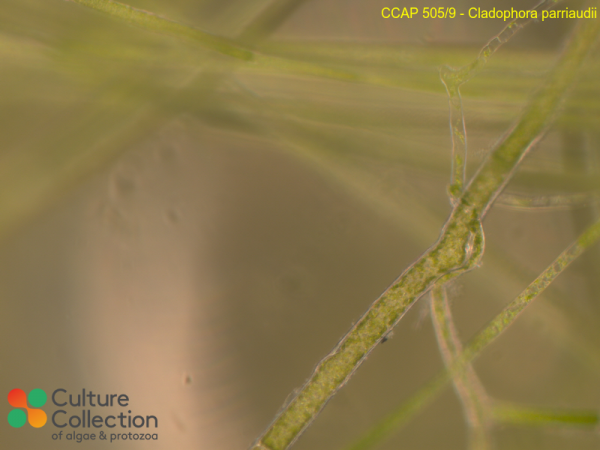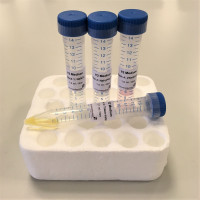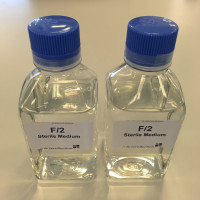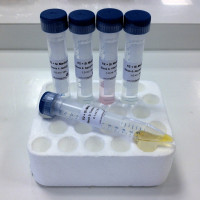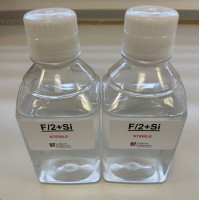(Bold text = submission by CCAP staff or collaborators)
Note: for strains where we have DNA barcodes we can be reasonably confident of identity, however for those not yet sequenced we rely on morphology
and the original identification, usually made by the depositor. Although CCAP makes every effort to ensure the correct taxonomic identity of strains, we cannot guarantee
that a strain is correctly identified at the species, genus or class levels. On this basis users are responsible for confirming the identity of the strain(s) they receive
from us on arrival before starting experiments.
For strain taxonomy we generally use AlgaeBase for algae and
Adl et al. (2019) for protists.
| Attributes | |
| Authority | van den Hoek 1963 |
| Isolator | van den Hoek (1960) |
| Collection Site | fishpond of Le Teich Bassin d'Arcachon, France |
| Notes | This macroalgal culture contains bacteria and probably other organisms in low numbers, we are happy to provide further info on specific strains if you contact us |
| Axenicity Status | Bacteria and other organisms present |
| Area | Europe |
| Country | France |
| Environment | Marine |
| GMO | No |
| Group | Macroalgae |
| In Scope of Nagoya Protocol | No |
| ABS Note | Collected pre Nagoya Protocol. No known Nagoya Protocol restrictions for this strain. |
| Collection Date | c 1960 |
| Original Designation | 60/60 |
| Pathogen | Not pathogenic: Hazard Class 1 |
| Strain Maintenance Sheet | |
| Toxin Producer | Not Toxic / No Data |
| Type Culture | No |
| Taxonomy WoRMS ID | 145058 |
| Equivalent Strains | UTEX 1472 |
Related Products
CCAP MAF2-C
f/2 Medium
CONCENTRATED STOCKS
Non-sterile concentrated stocks to make up 5 litres of f/2 medium. f/2 medium is used for culturing
CCAP MAF2-P
f/2 Medium
1 LITRE PREMADE
1 litre of sterile, ready to use, f/2 medium. f/2 medium is used for culturing marine algae. Click
CCAP MAF2S-C
f/2+Si Medium
CONCENTRATED STOCKS
Non-sterile concentrated stocks to make up 5 litres of f/2+Si medium. f/2+Si medium is used for cul
CCAP MAF2S-P
f/2+Si Medium
1 LITRE PREMADE
1 litre of sterile, ready to use, f/2+Si medium. f/2+Si medium is used for culturing marine diatoms
CCAP MAF2Q-C
f/2 Quad Medium
CONCENTRATED STOCKS
Non-sterile concentrated stocks to make up 5 litres of f/2 medium. f/2 Quad medium contains 4x the
CCAP MAF2Q-P
f/2 Quad Medium
1 LITRE PREMADE
1 litre of sterile, ready to use, f/2 Quad medium. f/2 Quad medium contains 4x the standard f/2 nit

